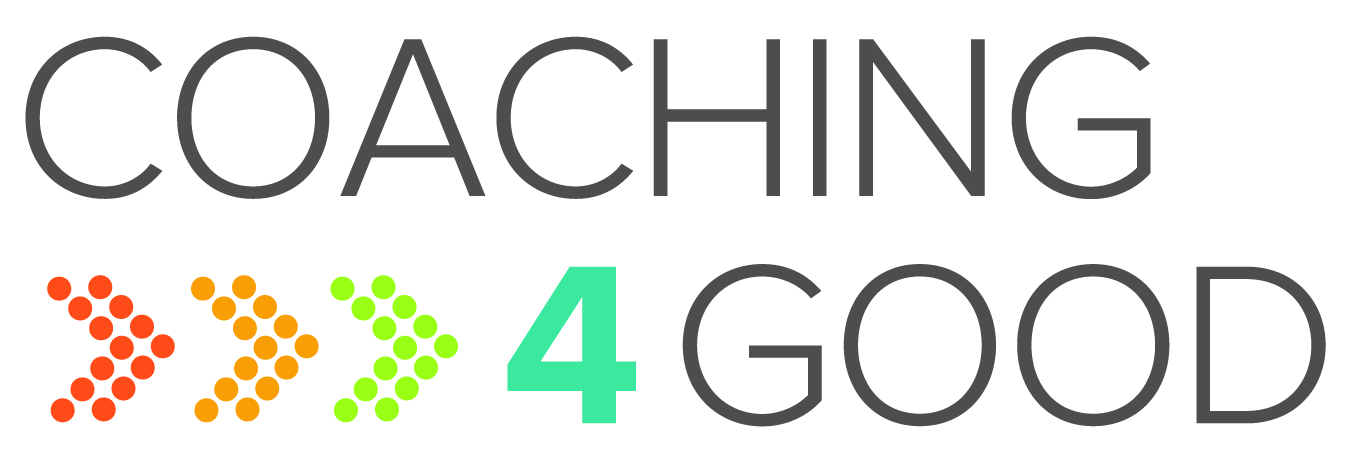
The term ‘career’ comes from the French word, carraria, which was commonly used to describe a car’s journey from one place to another or wide road. The idea that a career was a movement over a period of time, where it had intention for a destination. Now the term career is commonly used to describe a life’s journey or progress over a span of time with the intention of getting better at a certain skill. The difference then between a job and a career then is the following:
- A job is relatively brief and a career is over one’s lifetime
- A job doesn’t necessarily mean progress towards an end goal and a career is progress
- A job is known to be paid whereas a career could be paid or unpaid
Job versus career
These differences can clarify the direction or changes you want to make towards your job and/or career. I like to differentiate jobs and careers in this way.
- A job is something you get paid to do that supports the lifestyle that you want. It includes the tasks (that could very well be part of your ‘career’) that you’d prefer not to do. This could include something like, updating spreadsheets, taking out the trash, sitting at the front desk, managing employee differences, performance reviews, or making the coffee.
- A career is something that you may or may not be paid for that you are intrinsically motivated to do. Maybe you have a career in painting, sculpture, wedding planning, golf, or video gaming… it’s something you can identify that you’ve made progress over time and that you are committed to over the span of your life. It could be in politics, history, science, teaching, or writing.
Here’s an example of how a job and career can overlap. Let’s say, you’re a professor. Your career is in teaching biomedical engineering and researching the latest models and forward thought. You teach 4 courses in different areas and must grade 400 papers per semester. In this case, the ‘job’ is grading and the ‘career’ is research and teaching. It’s true that perhaps you get better at grading over time, however, usually it’s something to get done and move on from – a task. On the other hand, research and teaching have infinite room for progress.
Do you want a job or career?
Now the question for you is: which do you have? A job or career? Which do you want? What changes do you need to make to get there? Most importantly, what kinds of skills do you have that you can improve over time?
To answer these questions, it’s important to throw out ‘oughts‘ and ‘shoulds‘. Everyone needs to make money for the lifestyle they want. So, the majority of us need a job. However, most people don’t know what skills they have or what passion to pursue. One reason is because we live with a lot of ‘oughts’ and ‘shoulds’. We shake off what we like because it’s ‘impractical’. We say we should pursue our passion but then we don’t.
If you can answer these questions, then it’s time for a career change. Look for positions that offer money for the skills you have and can develop over time. It’s time to identify what you want and what skills you are good at and then create an action plan to find the position that puts these two together.
Think.Inspire.Change.Grow








Stay In Touch